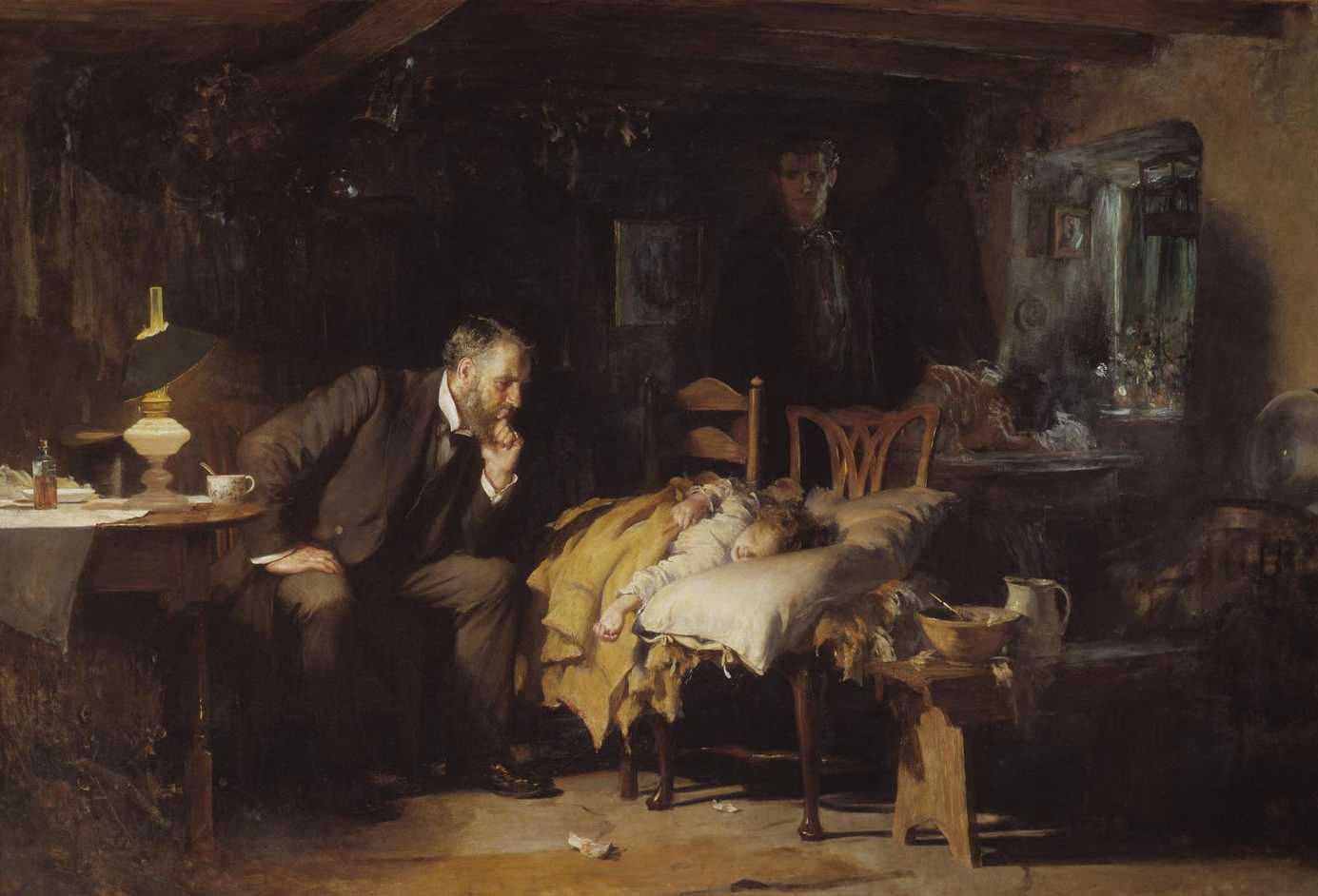The 15 Most Famous Doctors in History (and Their Contributions)
Throughout history, medicine has been transformed by extraordinary individuals whose discoveries, innovations, and unwavering dedication saved countless lives. From ancient philosophers to modern medical pioneers, these doctors not only revolutionized healthcare but also shaped the way we understand and approach disease, treatment, and patient care. Today, we explore the 15 most famous doctors in history, highlighting their groundbreaking contributions and the lasting impact they’ve had on medical science and public health.
1. Hippocrates (c. 460–370 BCE) – The Father of Medicine
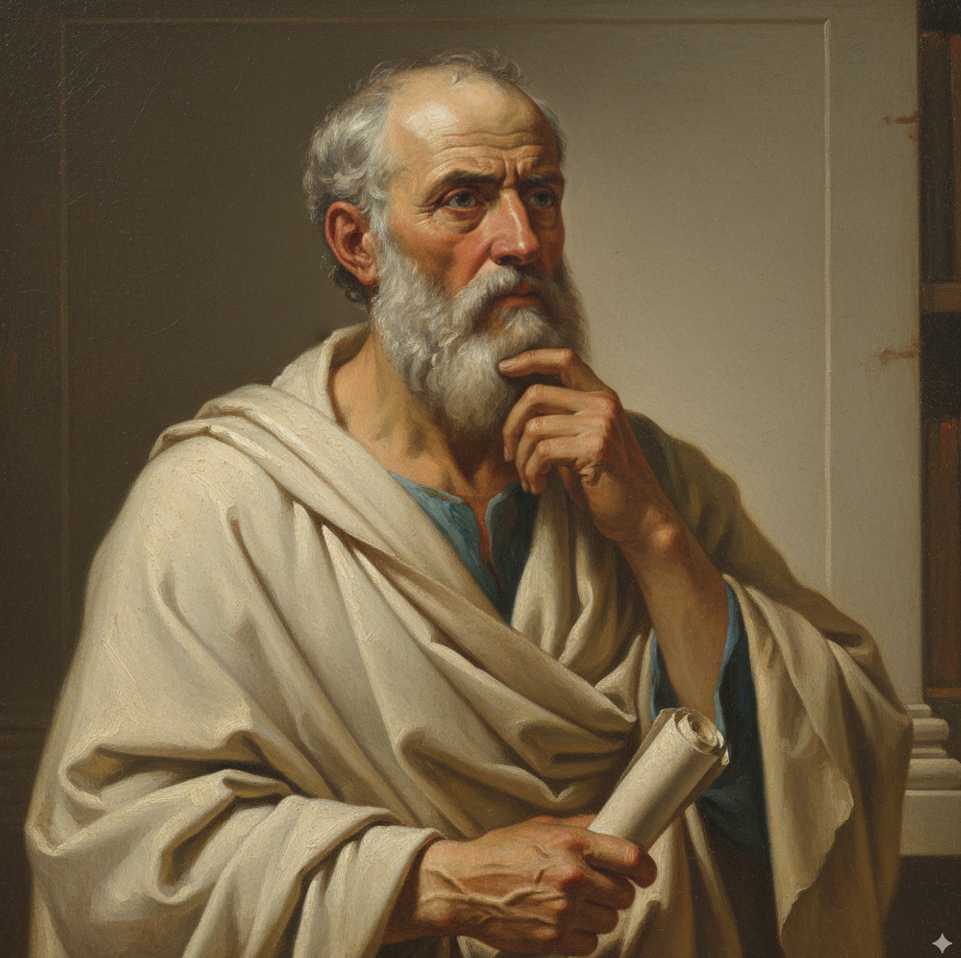
Known as the father of Western medicine, Hippocrates separated medicine from superstition and religion, focusing on observation and rational thought. His ethical framework, the Hippocratic Oath, emphasized integrity, confidentiality, and the moral obligations of physicians.
Key Contributions:
- Established medicine as a scientific discipline.
- Emphasized clinical observation and patient-centered care.
- Created the Hippocratic Corpus, a collection of medical texts used for centuries.
💡 Did You Know?
Hippocrates is credited with the famous phrase, “Let food be thy medicine and medicine be thy food.”
Legacy:
Hippocrates’ ethical standards and clinical methods still influence modern medicine, making him a timeless figure in medical history.
Sources: Britannica, History.com
2. Galen (c. 129–216 CE) – Pioneer of Experimental Medicine
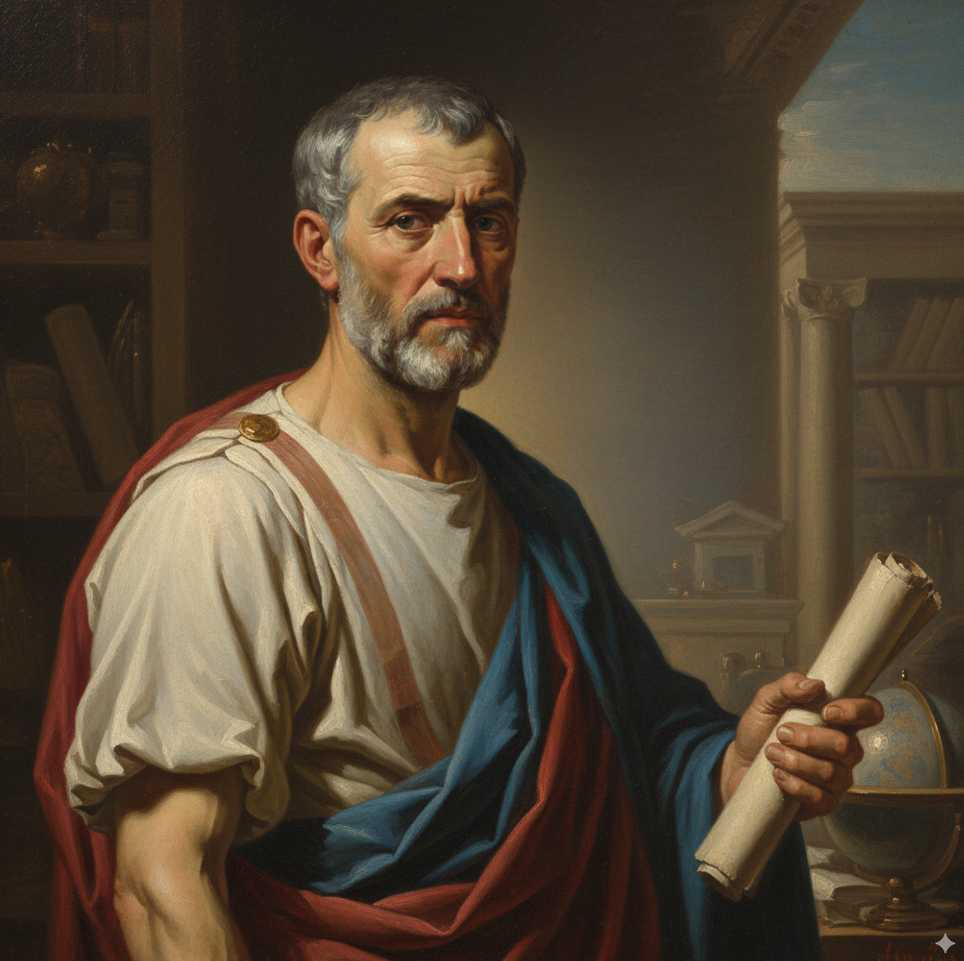
Galen, a Greek physician in the Roman Empire, advanced anatomical and physiological knowledge through dissections and experimental methods. He significantly influenced medicine in both the Islamic world and Europe for over a millennium.
Key Contributions:
- Advanced understanding of anatomy, neurology, and physiology.
- Developed theories of bodily humors that guided medical practice.
- Documented extensive medical treatises used for teaching for centuries.
Legacy:
Galen’s work laid the foundation for experimental medicine and medical education, inspiring generations of physicians.
💡 Did You Know?
Galen performed animal dissections to understand the human body, as human dissection was forbidden at the time.
Sources: NIH, Britannica
3. Avicenna (Ibn Sina, 980–1037) – The Canon of Medicine
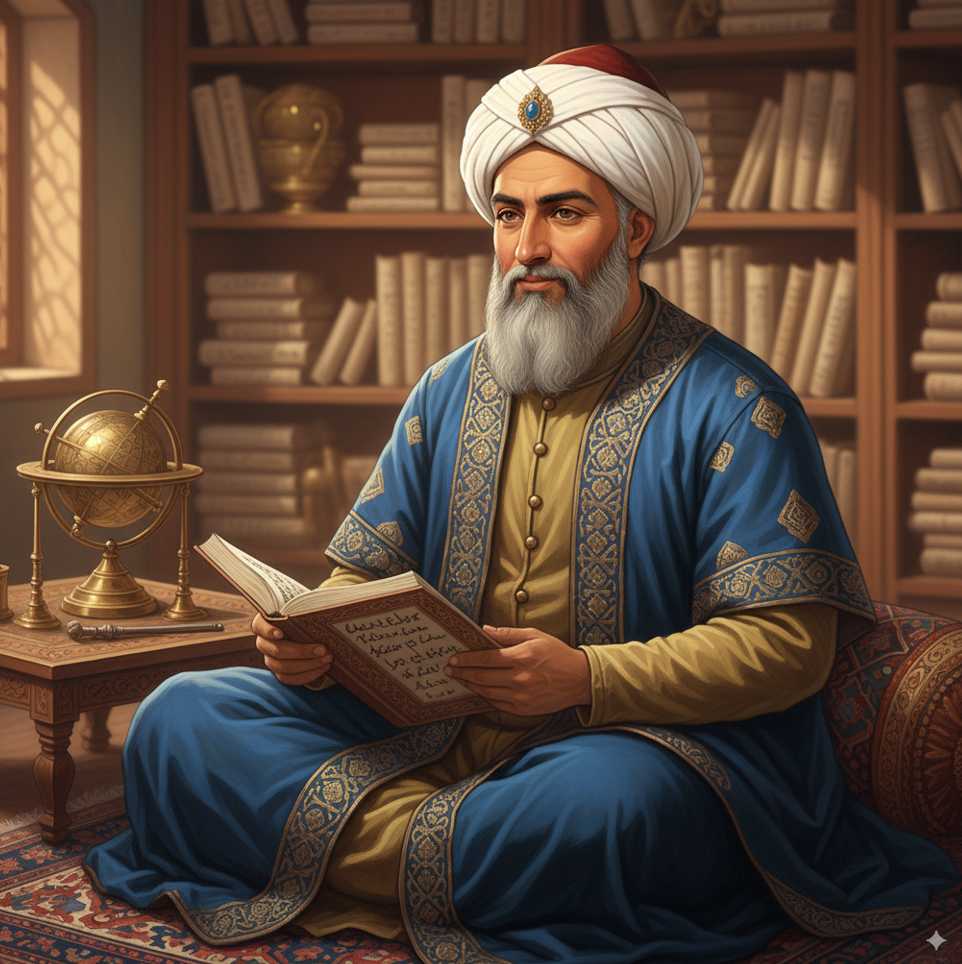
Avicenna, a Persian polymath, authored The Canon of Medicine, an encyclopedic work synthesizing Greek, Roman, and Islamic medical knowledge. This text remained a core reference in European and Islamic medical schools for hundreds of years.
Key Contributions:
- Integrated medical knowledge across cultures.
- Provided systematic approaches to diagnosis and treatment.
- Highlighted the importance of hygiene, diet, and preventive medicine.
Legacy:
Avicenna’s work influenced modern pharmacology and holistic medical approaches.
💡 Did You Know?
The Canon of Medicine remained a required medical text in European universities for over 500 years.
Sources: Time.com, academic journals
4. Edward Jenner (1749–1823) – Father of Immunology
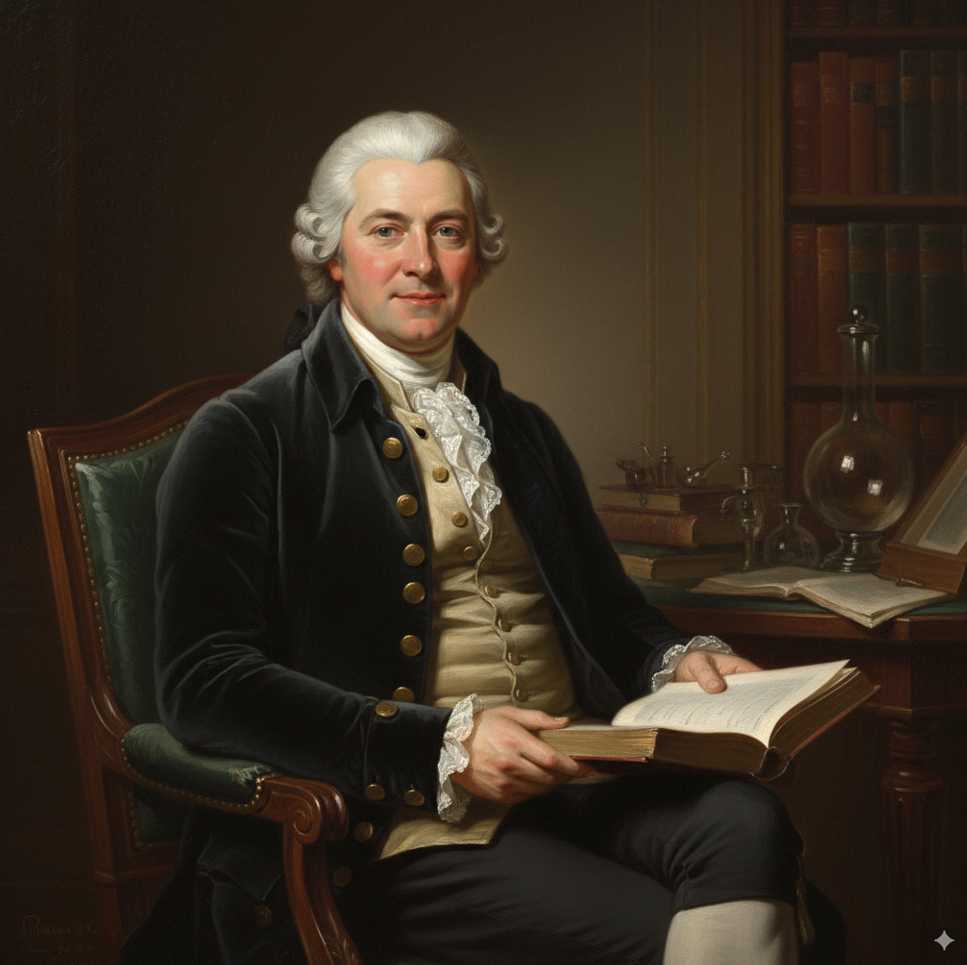
Edward Jenner revolutionized public health by developing the first successful smallpox vaccine in 1796. By observing that milkmaids who contracted cowpox did not develop smallpox, he introduced the concept of vaccination.
Key Contributions:
- Developed the smallpox vaccine.
- Demonstrated that exposure to a mild disease could confer immunity to a more serious one.
Legacy:
Jenner’s work laid the foundation for modern immunology and global vaccination campaigns, ultimately leading to the eradication of smallpox.
💡 Did You Know?
Smallpox is the only human disease ever eradicated thanks to vaccination efforts inspired by Jenner.
Sources: CDC, Britannica
5. Louis Pasteur (1822–1895) – Germ Theory of Disease
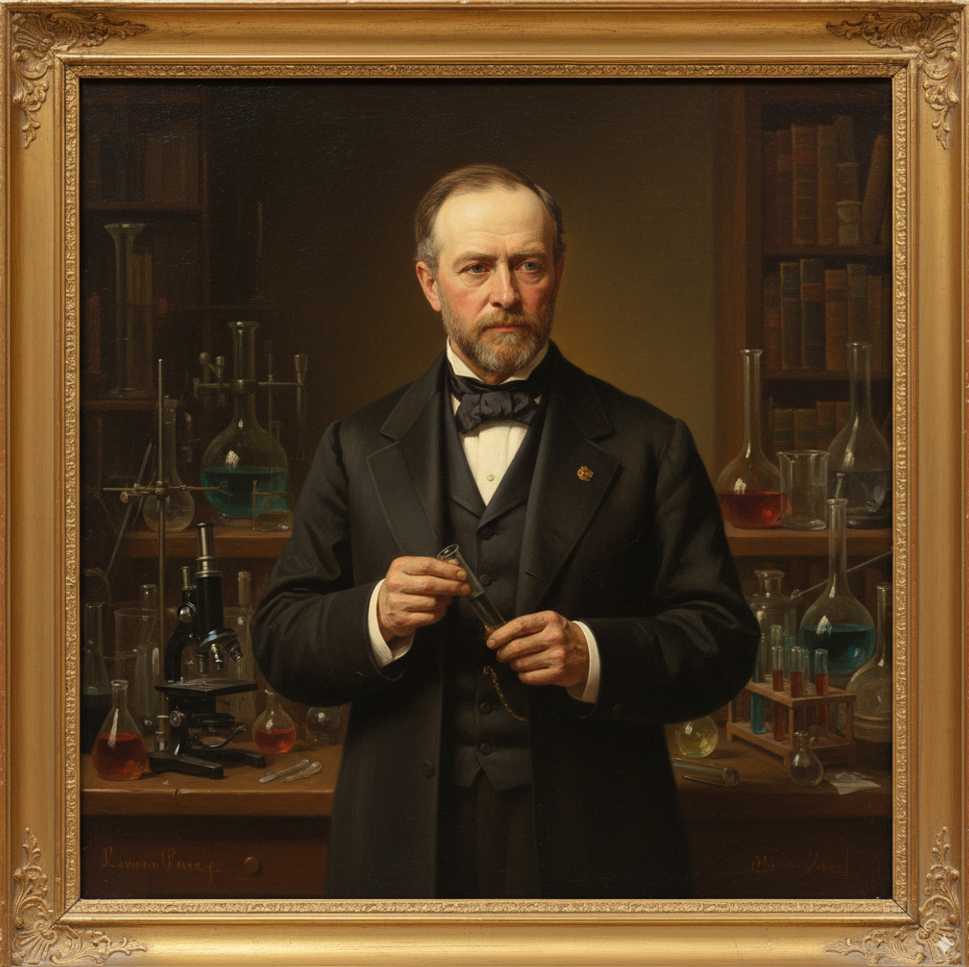
French chemist and microbiologist Louis Pasteur proved that microorganisms cause disease, overturning centuries of miasma-based medical thinking. His discoveries also led to vaccines for rabies and anthrax, as well as pasteurization to prevent contamination.
Key Contributions:
- Established germ theory.
- Developed vaccines for major diseases.
- Invented pasteurization to reduce foodborne illness.
Legacy:
Pasteur’s findings transformed medicine, microbiology, and public health.
💡 Did You Know?
Pasteur initially studied fermentation to help the wine and beer industry before discovering germ theory.
Sources: Britannica, NIH
6. Joseph Lister (1827–1912) – Pioneer of Aseptic Surgery
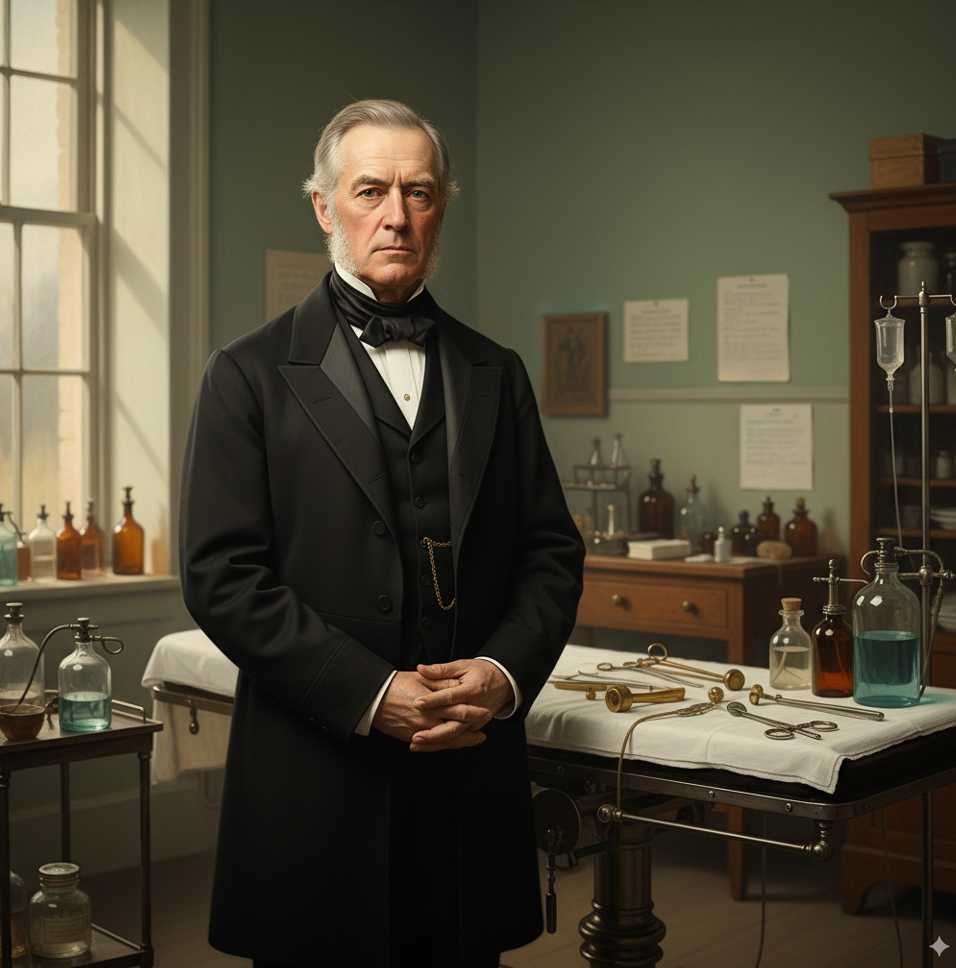
Joseph Lister introduced antiseptic surgical techniques in the 19th century, dramatically reducing post-operative infections. His methods laid the groundwork for modern sterile surgical practices.
Key Contributions:
- Applied carbolic acid to sterilize surgical instruments.
- Reduced infection-related mortality.
- Advocated for hospital hygiene and aseptic procedures.
Legacy:
Lister’s innovations saved countless lives and transformed surgical practices worldwide.
💡 Did You Know?
Before Lister’s antiseptic methods, 50% of surgical patients died from infection.
Sources: History.com
7. René Favaloro (1923–2000) – Coronary Artery Bypass Surgery
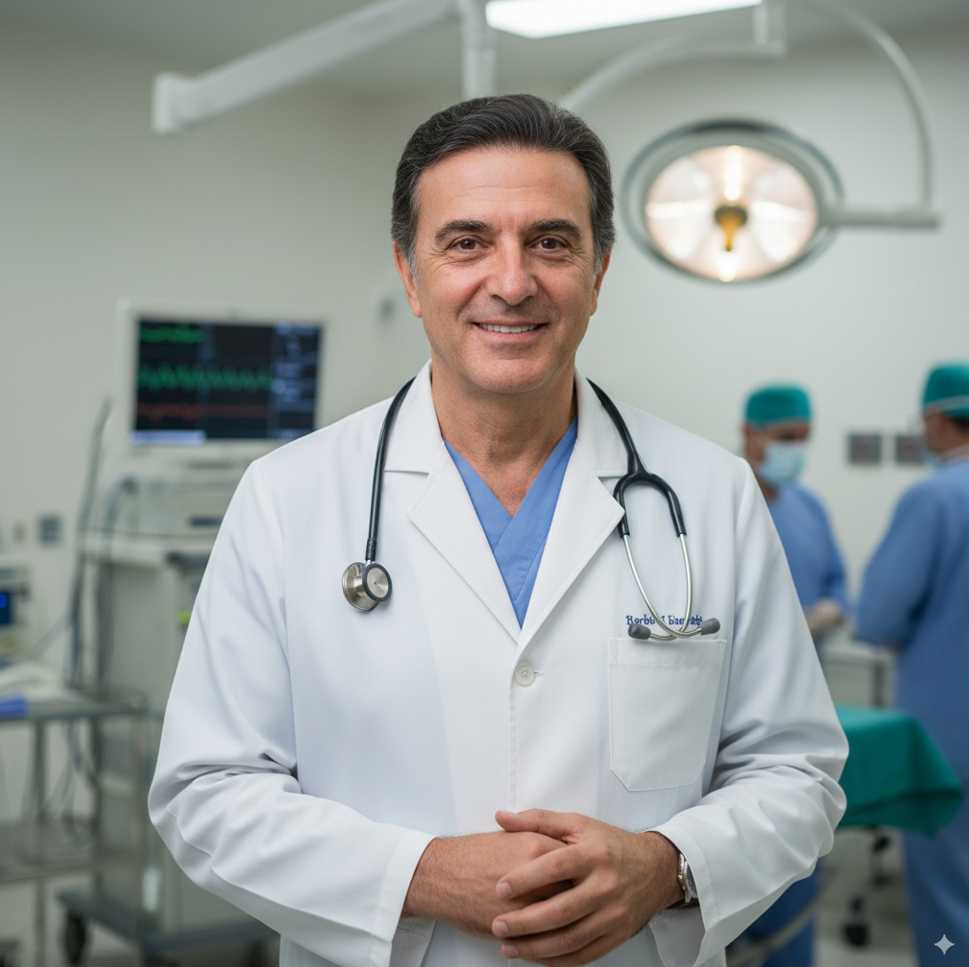
Argentine surgeon René Favaloro revolutionized cardiac surgery by developing the coronary artery bypass procedure. This method allows blood to circumvent blocked arteries, saving millions of lives.
Key Contributions:
- Developed coronary artery bypass grafting (CABG).
- Introduced standardized surgical techniques for heart surgery.
Legacy:
CABG remains a standard treatment for coronary artery disease globally.
💡 Did You Know?
Favaloro performed his first bypass surgery in 1967, transforming cardiac care forever.
Sources: Time.com
8. Christiaan Barnard (1922–2001) – First Human Heart Transplant

South African surgeon Christiaan Barnard performed the world’s first successful human heart transplant in 1967. This breakthrough demonstrated the feasibility of organ transplantation and advanced immunosuppressive therapy.
Key Contributions:
- First successful human heart transplant.
- Improved surgical techniques and post-operative care.
Legacy:
Barnard’s work paved the way for modern organ transplantation and saved countless lives.
💡 Did You Know?
The patient survived 18 days after the first heart transplant, marking a major milestone in surgical history.
Sources: Medical journals, Time.com
9. Elizabeth Blackwell (1821–1910) – Trailblazing Woman in Medicine
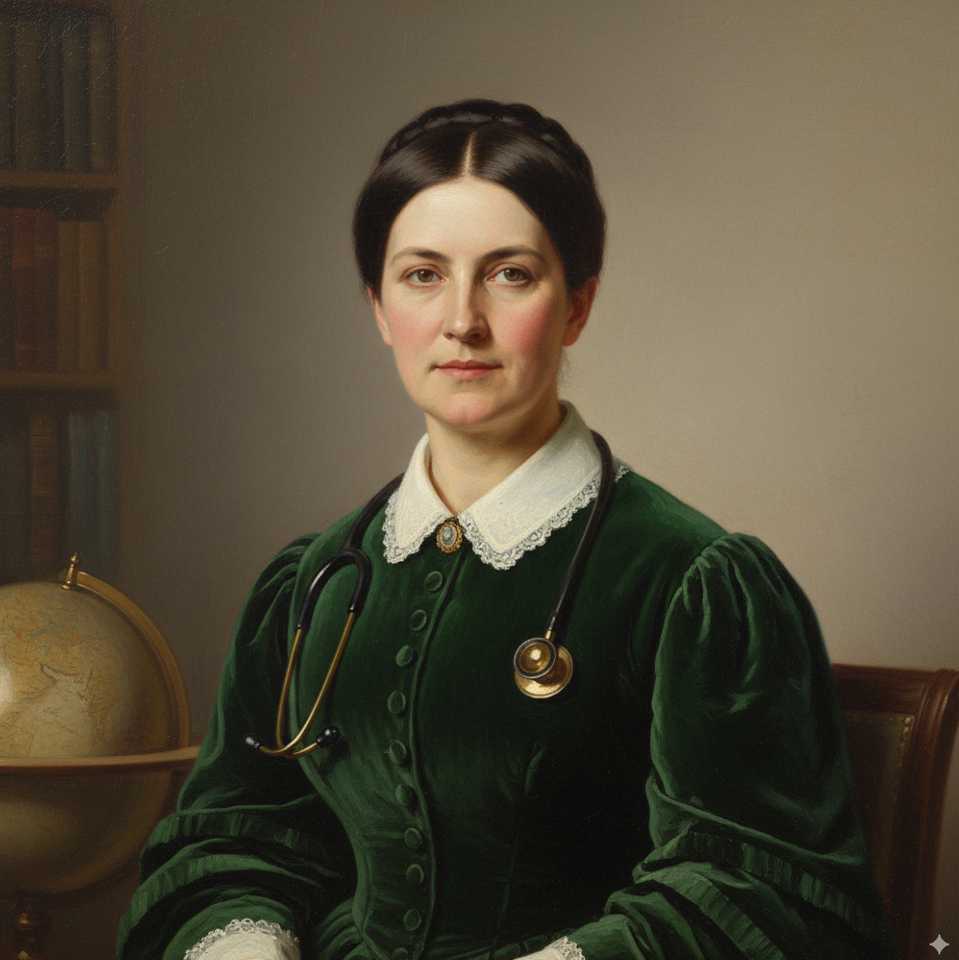
Elizabeth Blackwell broke gender barriers in medicine by becoming the first woman in the United States to earn a medical degree. She co-founded the New York Infirmary for Women and Children to provide opportunities for female physicians.
Key Contributions:
- First female medical graduate in the U.S.
- Advocated for women’s education and participation in medicine.
Legacy:
Blackwell inspired generations of female physicians and promoted healthcare equality.
💡 Did You Know?
Blackwell initially faced rejection from 29 medical schools before being accepted.
Sources: Britannica, history.com
10. Virginia Apgar (1909–1974) – Creator of the Apgar Score
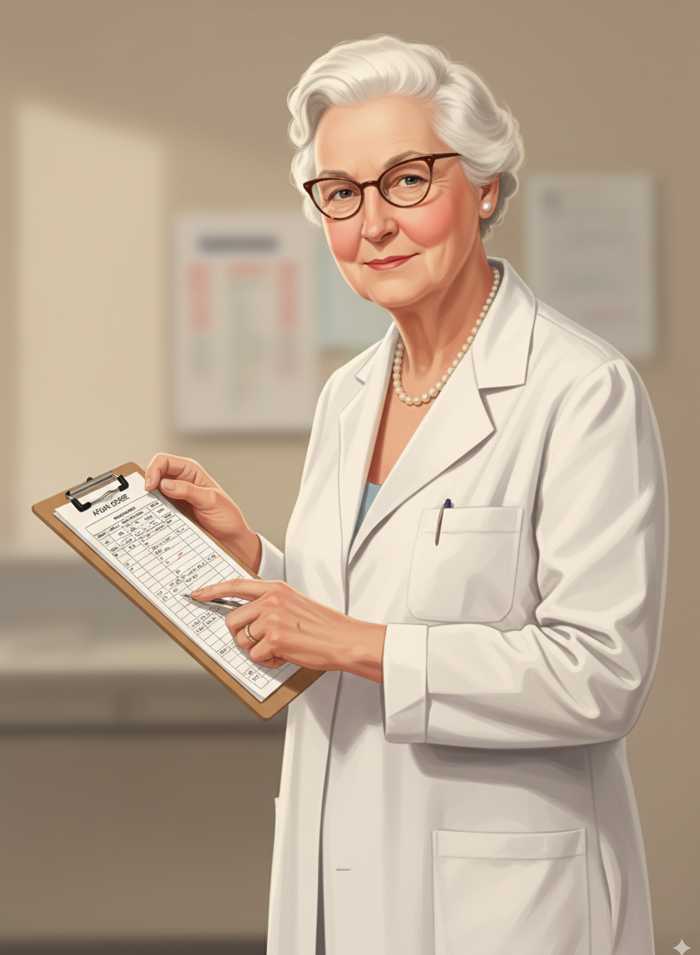
Virginia Apgar developed a simple, quick method to assess newborn health, now known as the Apgar Score. This system evaluates heart rate, respiration, reflexes, muscle tone, and color immediately after birth.
Key Contributions:
- Created the Apgar Score for newborn assessment.
- Reduced infant mortality by enabling early intervention.
Legacy:
The Apgar Score is a universal standard in neonatal care.
💡 Did You Know?
Virginia Apgar was also one of the first women to become a full professor of anesthesiology.
Sources: NIH, medical journals
11. Charles Drew (1904–1950) – Blood Bank Innovator

Charles Drew developed techniques to store and transport blood plasma, revolutionizing transfusion medicine. His work during World War II enabled large-scale blood banks.
Key Contributions:
- Improved blood storage methods.
- Organized blood banks for military and civilian use.
Legacy:
Drew’s innovations continue to save lives in emergency medicine and surgery worldwide.
💡 Did You Know?
Drew refused to segregate blood by race, challenging discriminatory practices of his time.
Sources: Britannica, history.com
12. Donald Henderson (1928–2016) – Smallpox Eradication Leader

Donald Henderson led the World Health Organization’s global campaign to eradicate smallpox. Through coordinated vaccination programs, smallpox became the first disease eradicated from the planet in 1980.
Key Contributions:
- Directed global smallpox eradication efforts.
- Implemented mass vaccination and surveillance strategies.
Legacy:
Henderson’s work is a model for global public health initiatives.
💡 Did You Know?
Henderson coordinated efforts across 70 countries to eliminate smallpox.
Sources: WHO, medical journals
13. Paul Ehrlich (1854–1915) – Father of Chemotherapy
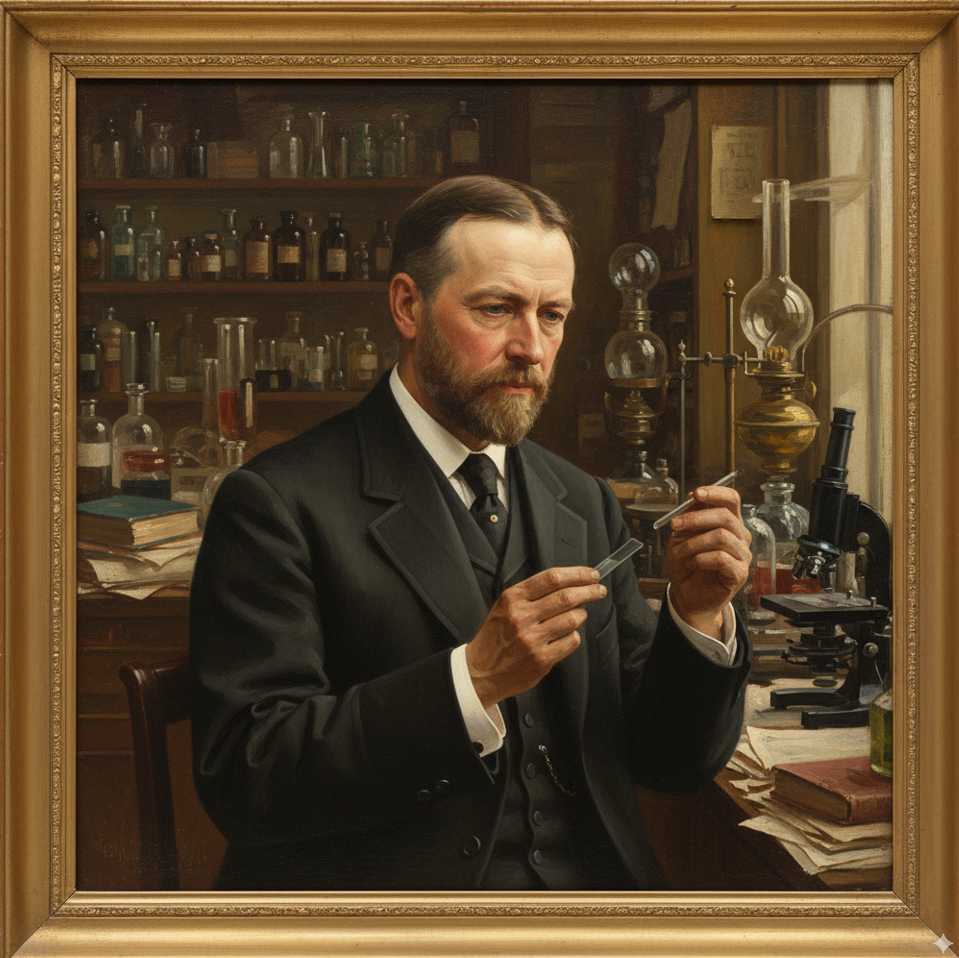
Paul Ehrlich developed the first effective treatment for syphilis (Salvarsan) and introduced the concept of a “magic bullet” for targeting diseases with specific drugs.
Key Contributions:
- Developed Salvarsan to treat syphilis.
- Pioneered targeted drug therapy and chemotherapy concepts.
Legacy:
Ehrlich’s principles guide modern pharmacology and cancer treatments.
💡 Did You Know?
Ehrlich also contributed to immunology and staining techniques for bacteria.
Sources: Britannica, NIH
14. René Laennec (1781–1826) – Inventor of the Stethoscope
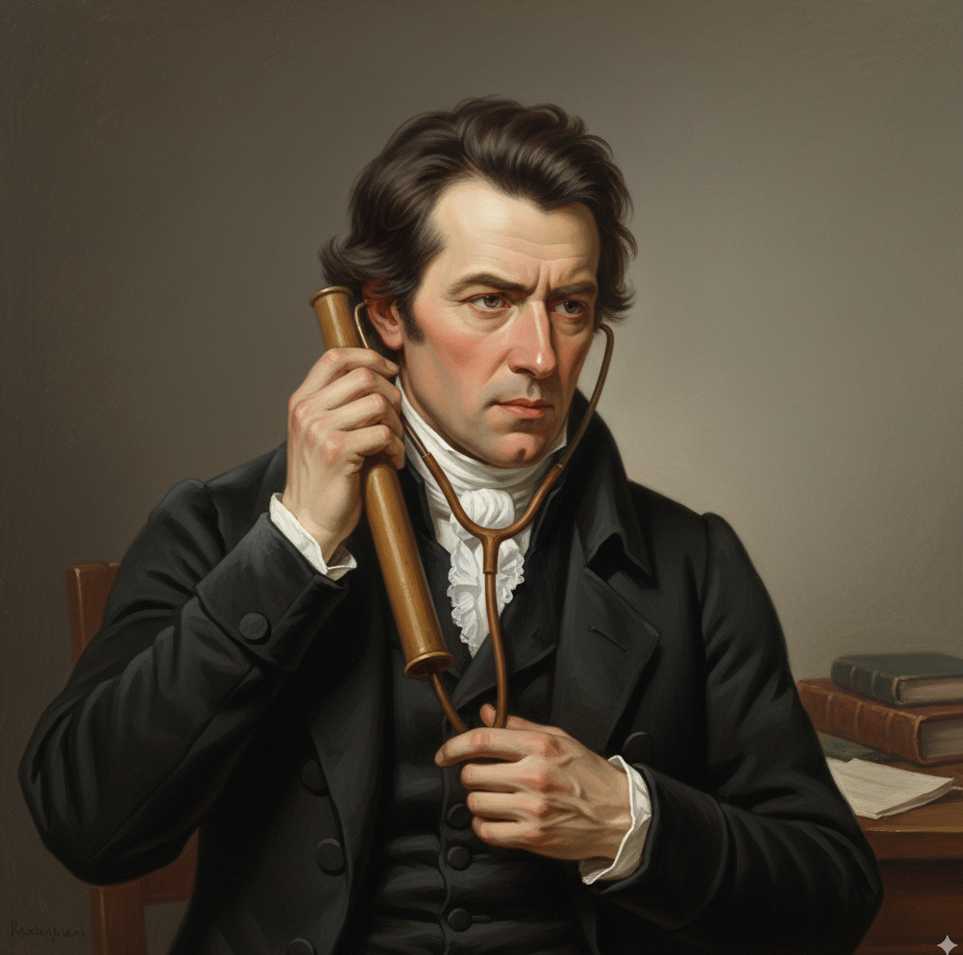
René Laennec invented the stethoscope, allowing physicians to auscultate internal organs without direct contact. This revolutionized diagnostics in cardiology and pulmonology.
Key Contributions:
- Invented stethoscope.
- Improved clinical diagnostics for heart and lung conditions.
Legacy:
Laennec’s invention remains an essential tool in clinical practice.
💡 Did You Know?
Laennec invented the stethoscope after feeling awkward placing his ear directly on patients’ chests.
Sources: History.com, medical journals
15. William Osler (1849–1919) – Father of Modern Medical Education
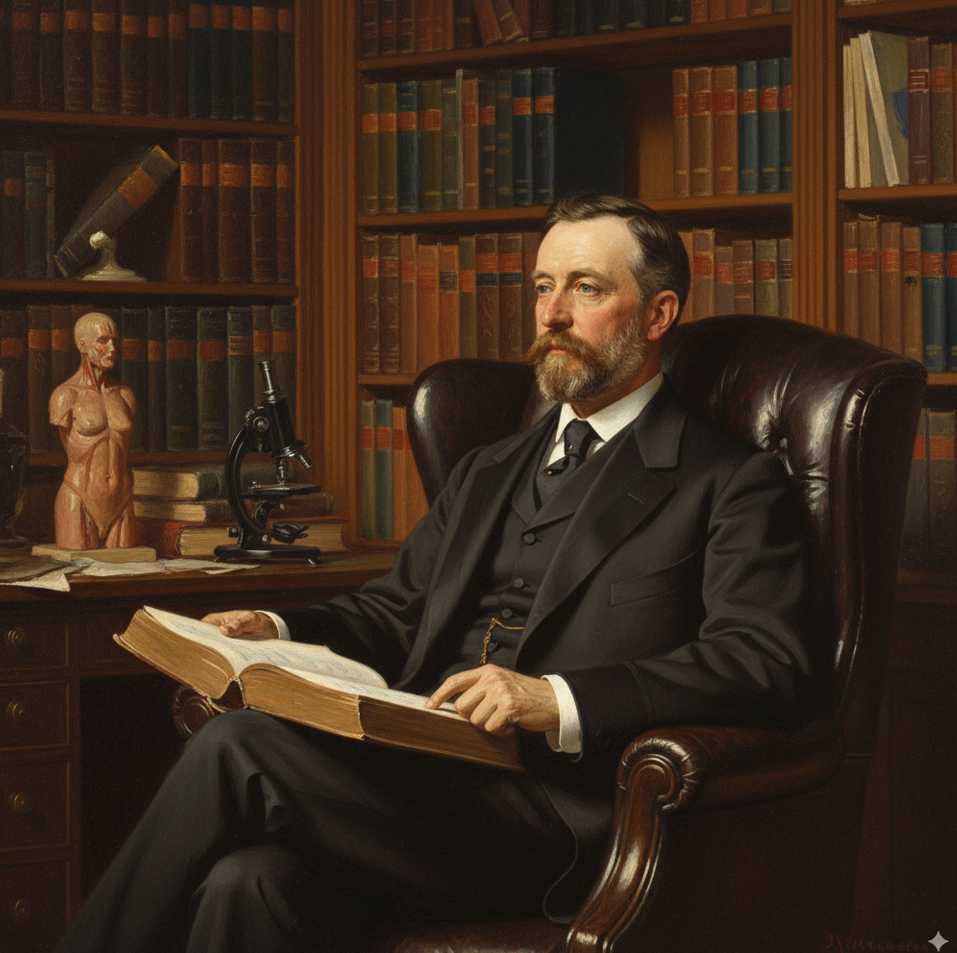
William Osler transformed medical education by emphasizing bedside teaching and clinical experience. His principles remain central to medical training worldwide.
Key Contributions:
- Promoted hands-on clinical education.
- Authored influential medical textbooks.
Legacy:
Osler’s teaching model shaped modern medical curricula and training programs.
💡 Did You Know?
Osler once said, “The practice of medicine is an art, not a trade; a calling, not a business.”
Sources: Britannica, NIH
Frequently Asked Questions (FAQ)
What qualities make a doctor historically significant?
A historically significant doctor typically combines innovation, scientific discovery, and a lasting impact on medical practice or public health. Their work often introduces new treatments, procedures, or ethical frameworks that change how medicine is practiced.
How did ancient doctors influence modern medicine?
Ancient doctors like Hippocrates and Galen established the foundations of observation, diagnosis, and ethical practice. Their theories and writings influenced medical education and treatment approaches for centuries, shaping the evolution of modern healthcare.
Why is medical ethics important in history?
Medical ethics ensures patient safety, trust, and integrity in treatment. Historical figures like Hippocrates and William Osler emphasized ethical behavior, which continues to guide doctors today.
Which medical discoveries had the biggest impact on public health?
Vaccinations, antiseptic techniques, and blood storage methods revolutionized public health. Contributions by Edward Jenner, Joseph Lister, and Charles Drew drastically reduced disease, infection, and mortality rates worldwide.
How did women contribute to medical history despite barriers?
Pioneers like Elizabeth Blackwell and Virginia Apgar broke gender barriers and introduced innovations in medical education and neonatal care. Their work opened doors for future generations of female physicians and researchers.
Can historical doctors’ methods still be used today?
Yes. While technology and knowledge have advanced, principles like careful observation, ethical practice, and preventive care remain fundamental. Techniques such as vaccinations and surgical hygiene, pioneered by historical doctors, are still standard today.
What role did medical textbooks play in history?
Medical textbooks by figures like Avicenna and William Osler were critical for teaching generations of doctors. They compiled knowledge systematically, allowing widespread education and standardization of medical practice.
How have these doctors influenced modern medical education?
Doctors like William Osler emphasized bedside teaching, clinical experience, and patient-centered care. These approaches are still central to how medical students are trained today, ensuring practical experience alongside theoretical knowledge.
Why are historical doctors studied outside of medicine?
Historical doctors are studied for their impact on science, ethics, and society. Their discoveries influenced not just medicine, but also public health policies, education, and cultural perceptions of healthcare.
How do their contributions inspire future medical innovations?
Studying historical medical pioneers highlights the importance of observation, research, and ethical decision-making. This inspiration encourages modern doctors and researchers to pursue innovations that continue to advance healthcare.
These 15 doctors exemplify the power of innovation, dedication, and compassion in medicine. From ethical foundations to life-saving surgical breakthroughs, their contributions continue to influence modern healthcare. By learning from their legacies, we honor their impact and inspire future generations of medical pioneers.

